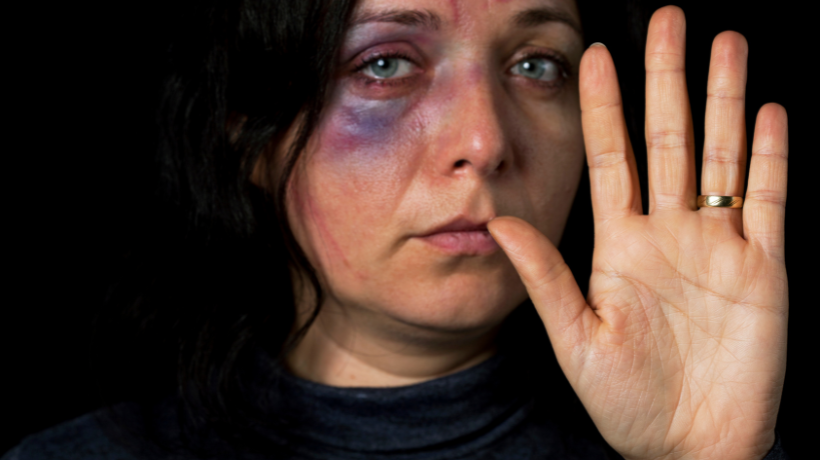
Recognising the Signs of Domestic Violence in Others
Recognising the signs of domestic violence in others is crucial for offering support and intervening before the situation escalates. Domestic violence can happen in any relationship, and it often goes unnoticed by outsiders. Victims may be fearful, isolated, or ashamed, which makes it even more difficult for them to seek help. By understanding the signs of domestic violence, you can be a crucial part of helping someone get the support they need.
Signs of Domestic Violence in Others
- Physical Signs of Abuse
- Emotional and Psychological Changes
- Changes in Behaviour and Routine
- Controlling or Unexplained Behaviour by Their Partner
- Financial Control
- Fear or Tension in Their Presence
- Substance Abuse and Self-Harm

What You Will Learn: Recognising the Signs of Domestic Violence in Others
- Identifying Physical Signs of Abuse
- You will learn to spot frequent and unexplained injuries like bruises, cuts, or burns that may be hidden or excused.
- Emotional and Psychological Indicators
- You will understand the signs of low self-esteem in someone who may be experiencing emotional abuse.
- Changes in Behaviour and Social Isolation
- You will learn to recognise social withdrawal or isolation as key signs of domestic violence.
- Signs of Control and Manipulation
- You will learn how to spot controlling behaviour in a partner, such as constant checking on their whereabouts, limiting their social interactions, or dictating what they can or cannot do.
- Understanding Financial Abuse
- You will learn to identify financial abuse, where the abuser controls all the victim’s finances, limits their access to money, or prevents them from working.
- Signs of Fear and Tension
- You will understand how fearful body language and nervous behaviour can indicate that someone is in an abusive relationship.
- Coping Mechanisms
- You will learn to recognise when substance abuse or self-harm becomes a coping mechanism for someone in an abusive relationship.
- Increased Apologies and Anxiety
- You will spot how victims of domestic violence may begin to apologise excessively, even for things that are not their fault, out of fear of triggering their abuser’s anger.
- Recognising Early Warning Signs
- ou will learn how to spot early signs of control and manipulation, such as possessiveness, jealousy, and attempts to restrict social interactions, which are often the first indicators of an abusive relationship that may escalate into more severe forms of violence.
By learning how to recognise the signs of domestic violence, you will be better equipped to offer support and intervene when necessary. You will be able to identify subtle and overt signs of abuse, giving you the tools to help someone in need and potentially save them from further harm.
If you notice these signs in someone you know, approach them with empathy and support. Encourage them to reach out to trusted resources, like 1800RESPECT, Lifeline, or local domestic violence services. Your awareness and care can make a significant difference in their lives. Don’t hesitate—reach out and let them know they are not alone.
